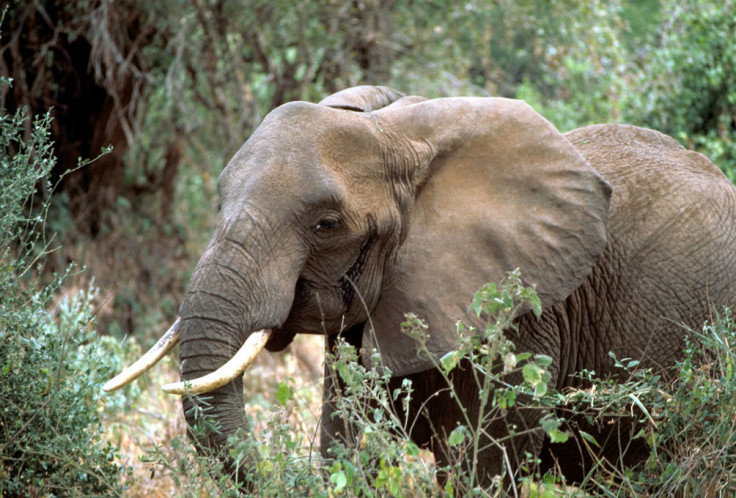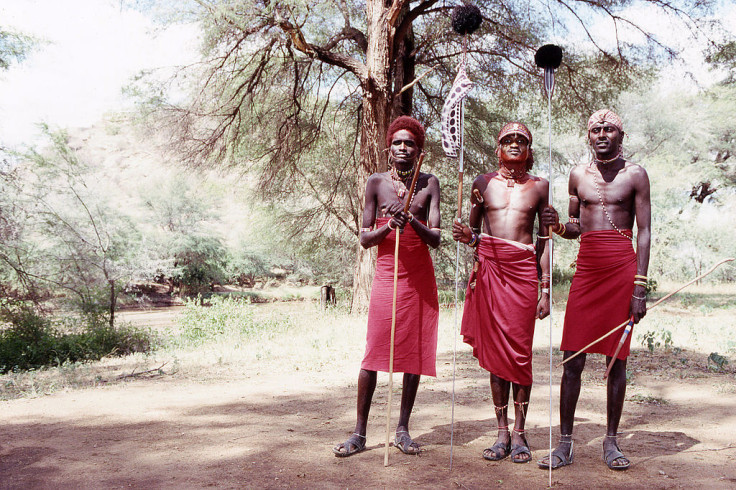Elephants Recognise Human Voices from African Tribes to Detect Threat Level

Elephants can distinguish between human voices to work out whether they pose a threat or not, researchers have found.
Karen McComb and Graeme Shannon, from the University of Sussex in Brighton, have established that elephants can work out which tribe a person comes from through listening to them, and know if that tribe has a history of attacking them – harking back to the age-old adage that elephants ever forget.
Published in the Proceedings of the National Academy of Sciences, the researchers showed how elephants distinguish between the language and voices of different ethnic groups in Kenya.
They studied a group of African elephants in Amboseli National Park by playing them sound recordings of the voices of two different groups of people – the Maasai, who have come into conflict with them historically over access to water and grazing land, and the Kamba, who pose far less of a threat to elephants.
When played recordings of Maasai men, the elephants tended to show defensive behaviour, such as gathering together and investigating smells, in comparison to when played recordings of Kamba men.
Findings also showed elephants were less defensive when played voices of Maasai women and boys, showing they specifically link men's voices with having the highest risk of threat.
The scientists say the ability to recognise voices has important impacts for feeding patterns and prevents unnecessary physiological stress.

McComb said recognising predators and judging threat is essential for wild animals: "Human predators present a particularly interesting challenge, as different groups of humans can represent dramatically different levels of danger to animals living around them."
Shannon said being able to work out the ethnicity and gender of a potential predator also serves as an early warning system if they are out of sight – previous studies have shown elephants can detect the scent of Maasai men from their clothes.
"The human language is rich in acoustic cues. The ability to distinguish between Maasai and Kamba men delivering the same phrase in their own language suggests that elephants can discriminate between different languages," he said.
"This apparently quite sophisticated skill would have to be learned through development or through younger family members following the lead of the herd's matriarch and other older females."
Commenting on the findings, Fritz Vollrath, a zoologist at the University of Oxford, told Nature magazine: "We knew elephants could distinguish the Maasai and Kamba by their clothes and smells, but that they can also do so by their voices alone is really interesting."
Researchers do not know if elephants are born knowing the voice of a threatening human or if it is a learned behaviour, but McComb says it is probably the latter:
"Even though spearings by Maasai have declined in recent years, it's still obvious that fear of them is high. This is likely down to younger elephants following the lead of their matriarchs who remember spearings from long ago."
© Copyright IBTimes 2024. All rights reserved.









